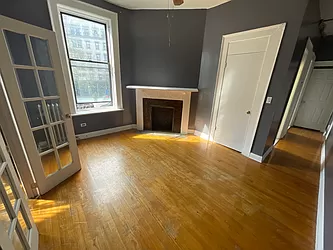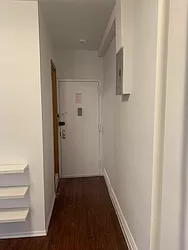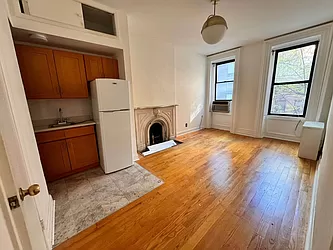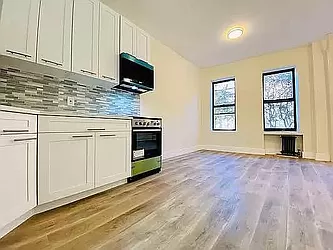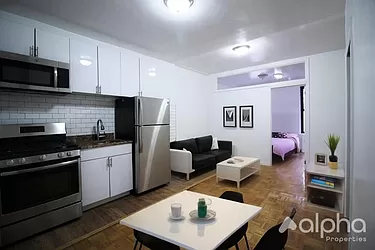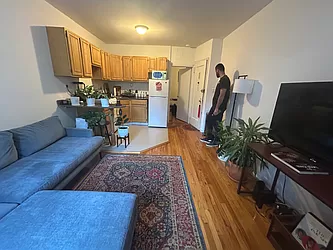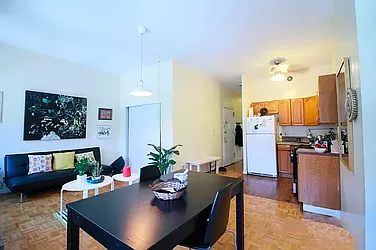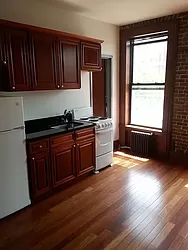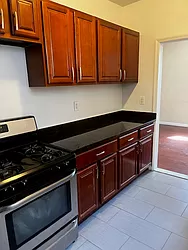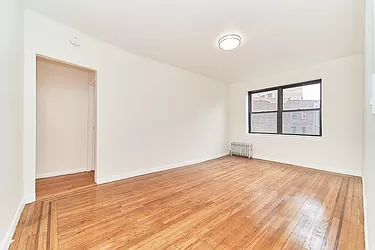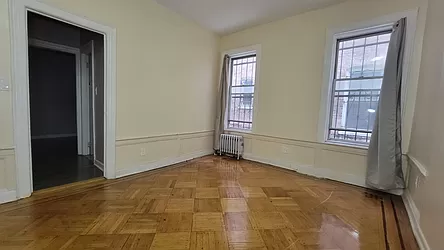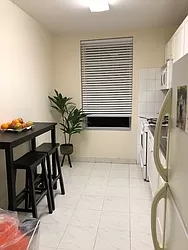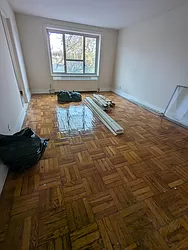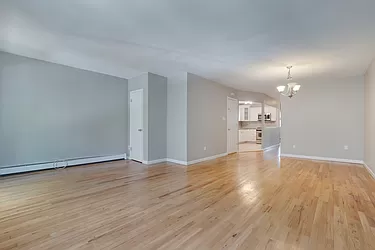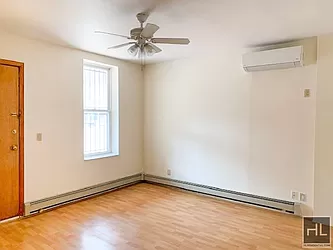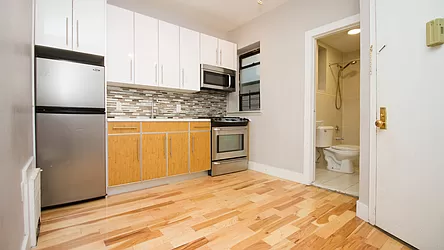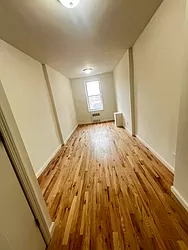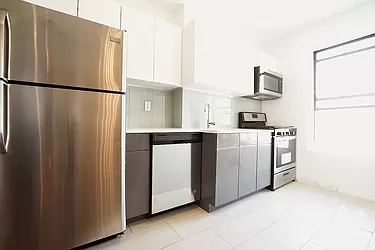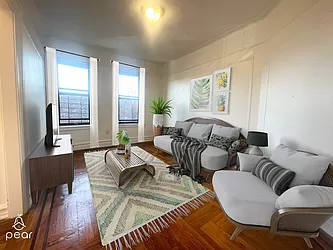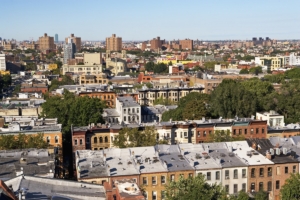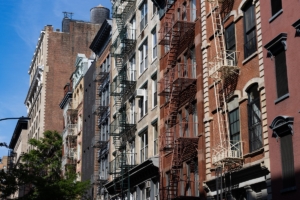COVID-19 + NYC Real Estate
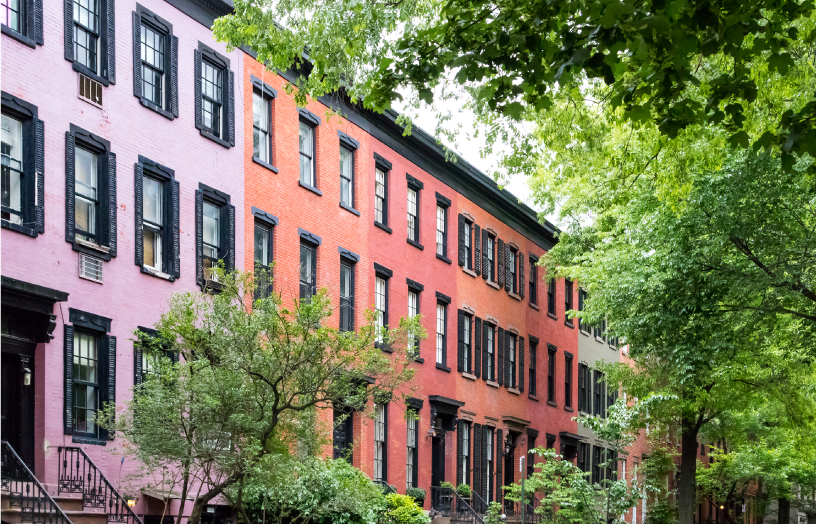
NYC rents are declining, but rising inventory and job losses mean they could fall much farther over the next year. (Getty Images)
Rental prices typically fall significantly and for an extended period of time in response to economic downturns, and the current weakness in the NYC rentals market likely signals more declines to come. As of July, rents in Manhattan have declined by 3.1%, marking the largest year-over-year drop since the Great Recession, when rents in Manhattan fell nearly 10% over the course of a year.
We would not be surprised to see NYC rents fall by at least this much, if not more, by March 2021, one year into the pandemic. The economic impact of the pandemic is already worse than what New Yorkers faced in 2008-09. For one, New York City’s unemployment rate reached 20.4% in June 2020, already twice as high as the Great Recession’s peak unemployment rate of 10.4% in December 2009.
High unemployment leads to higher vacancy rates, as the New Yorkers who can no longer afford to live in the city or who moved to the city for work increasingly move away. Higher vacancy rates translate into lower demand for the rental inventory piling onto the market as leases expire throughout the summer. As demand continues to decrease while supply increases — and there are many reasons to believe these trends will continue — rents are likely to fall more than they did during the Great Recession.
Growing Job Losses and Vacancies Signal a Weaker Rentals Market Ahead
The NYC unemployment rate is increasing, and higher unemployment ultimately means less demand for rentals. According to the Bureau of Labor Statistics, New York City’s unemployment rate rose from 18.3% in May to 20.4% in June 2020. High unemployment is a trend with no quick recovery. The Partnership for New York City found that as many as 520,000 jobs have already been lost from the small business sector alone. Though some of these jobs may come back as businesses reopen, more than a third of the city’s 230,000 small businesses may never reopen, resulting in permanent job losses with no replacement in sight.
Manhattan 1-2BRs Under $2600 on StreetEasy Article continues below
New Yorkers cannot pay rent if they do not have jobs, and many have already begun to move as their leases turn over. And because more leases expire in the summer than in any other season, vacant rentals have begun to saturate the market. Rental inventory in July 2020 increased by 65% in Manhattan compared to last year, and by 52% citywide. Many more rentals are set to pile onto the market throughout the summer, as August is typically the month with the second-highest volume of rentals coming onto the market, after July.
As leases expire, a significant group of New Yorkers are leaving permanently as part of the natural attrition of the city: they were planning to move to the suburbs in a few years anyway, and the pandemic has simply expedited their departure.
Brooklyn 1-2BRs Under $2500 on StreetEasy Article continues below
Moreover, those leaving the city are not being replaced by others moving in. The new hires who typically move to the city are starting their jobs remotely. Fewer students will return to the city in September, when colleges in the city, such as Columbia and CUNY, begin the school year teaching most courses remotely.
Where Will NYC Rents Go From Here?
We’re still in the early stages of seeing the full effect of COVID-19 on NYC rents. Not only are rents in Manhattan currently on track to fall by more than they did during the Great Recession, but rents are also likely to fall more widely across the city. According to a report by the Center for an Urban Future, the coronavirus pandemic may cause deeper losses in the outer boroughs than in previous recessions, because the outer boroughs have the highest concentration of vulnerable industries.
More on NYC Real Estate After COVID-19
New York’s rentals market will not return to normal for the foreseeable future, and those considering moving or who have expiring leases will need to make decisions they did not anticipate a year ago. For the lucky few who have jobs, there are going to be deals like never before. Manhattan neighborhoods that were off limits to those on more modest budgets may once again become accessible.
—
Whether you’re looking to rent or to buy, find your next NYC apartment on StreetEasy.

